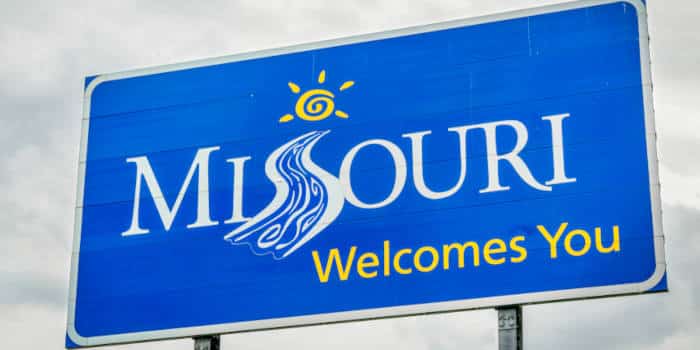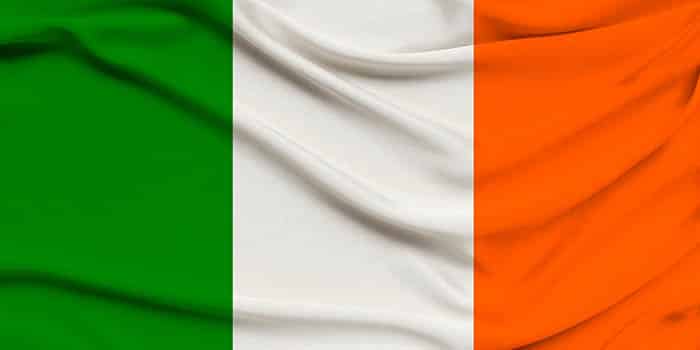Fact-checked by Angel Hristov
Dutch Gambling Regulator Admits New Taxing Policy Has Failed
The regulator noted that the land-based sector seems particularly impacted by the recent tax changes, largely due to having fewer ways to cushion the blow to profitability

On August 5, the Netherlands Gambling Authority (KSA) acknowledged that the recent increase in the country’s gambling tax rate to 34.2% has not generated additional revenue. The regulator’s impact assessment revealed that, since the hike took effect on 1 January 2025, gross gaming revenue (GGR) has declined in both the online and land-based sectors.
KSA Admits the Tax Increase on the Gambling Sector Failed
KSA chair Michel Groothuizen stated that the measures introduced to enhance player protection have made operations more financially challenging for gambling providers. This has led to a decline in gross gaming revenue (GGR) across the market. As a result, gambling tax revenues have also fallen.
Groothuizen noted that the KSA had previously warned this would be a likely outcome before the tax increase was implemented. He emphasized that financially motivated measures, such as the gambling tax hike, conflict with the policy goal of improving player protection. According to Groothuizen, maintaining a safe and regulated gaming environment in the future will require serious, responsible operators, supported by a financially stable legal market.
KSA’s commentary comes soon after the Dutch trade body VNLOK announced that the Dutch government lost EUR 200 million in potential revenue from the gambling sector since the introduction of the new taxation policy earlier this year.
Here Are Some Numbers
The regulator noted that the land-based sector seems particularly impacted by the recent tax changes, largely due to having fewer ways to cushion the blow to profitability. As a result, the number of retail gaming venues dropped by 9% in Q1 2025, compared to an average decline of 6% between 2020 and 2025.
In contrast, while tax revenue from the online sector has also decreased, which was partly due to recent responsible gambling measures, the KSA indicated that this segment appears slightly better positioned to absorb the effects. According to the regulator, this is because the online sector has more flexibility to adjust payout ratios and cut other costs. However, the online market is also facing pressure from tighter responsible gambling regulations, including new affordability checks and spending limits introduced under the 2024 Policy Rule on Responsible Gaming.
The KSA concluded by reiterating its commitment to closely monitoring the balance between fiscal objectives and the long-term viability of the regulated market. The authority emphasized that it continues to track developments related to the channeling of online offerings and the ongoing decline in the number of land-based retail locations.
Stefan Velikov is an accomplished iGaming writer and journalist specializing in esports, regulatory developments, and industry innovations. With over five years of extensive writing experience, he has contributed to various publications, continuously refining his craft and expertise in the field.

















